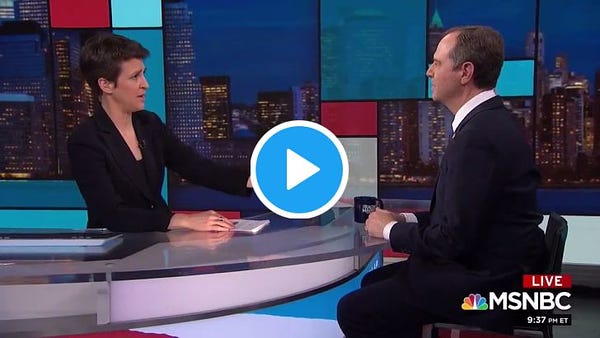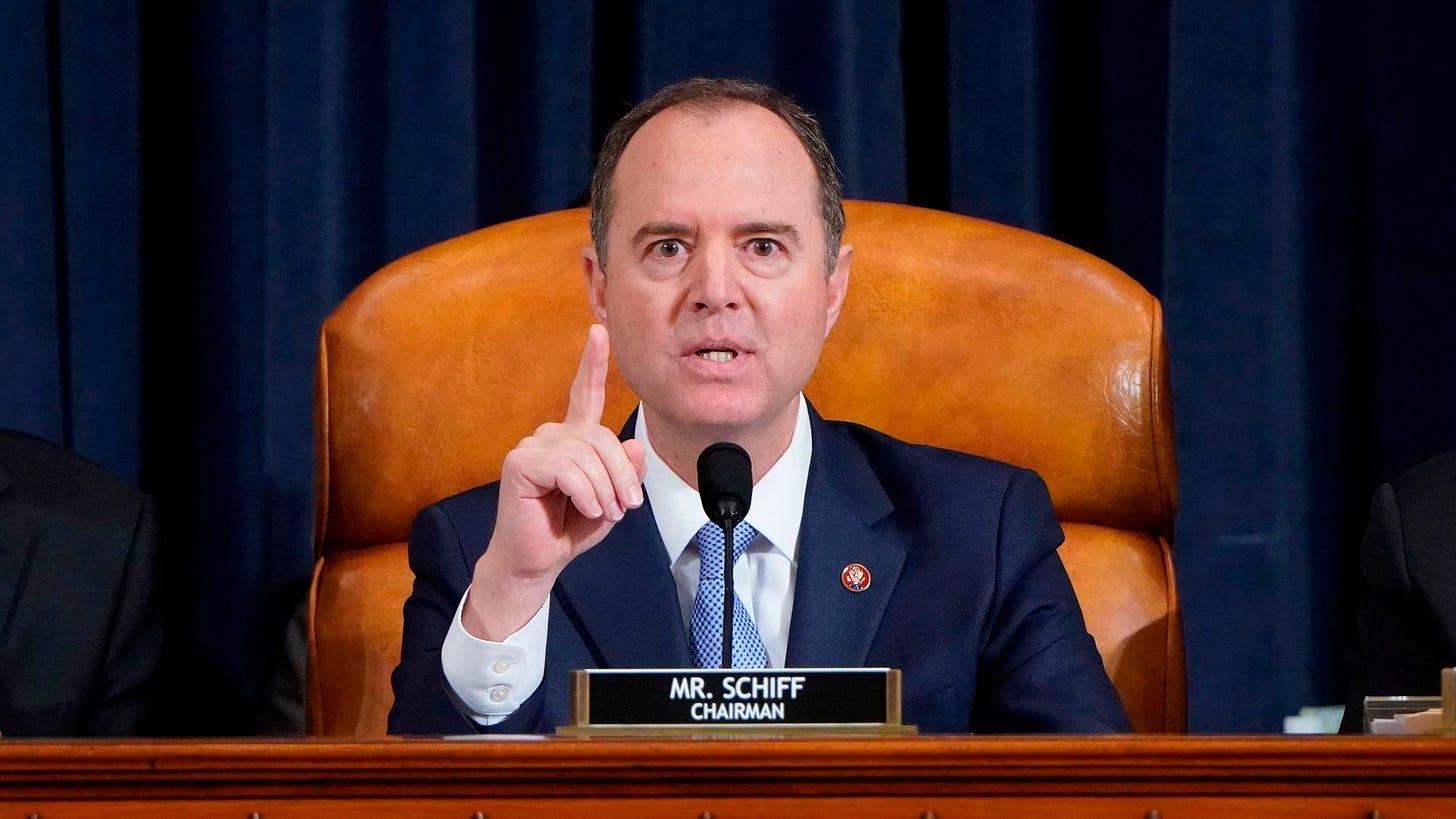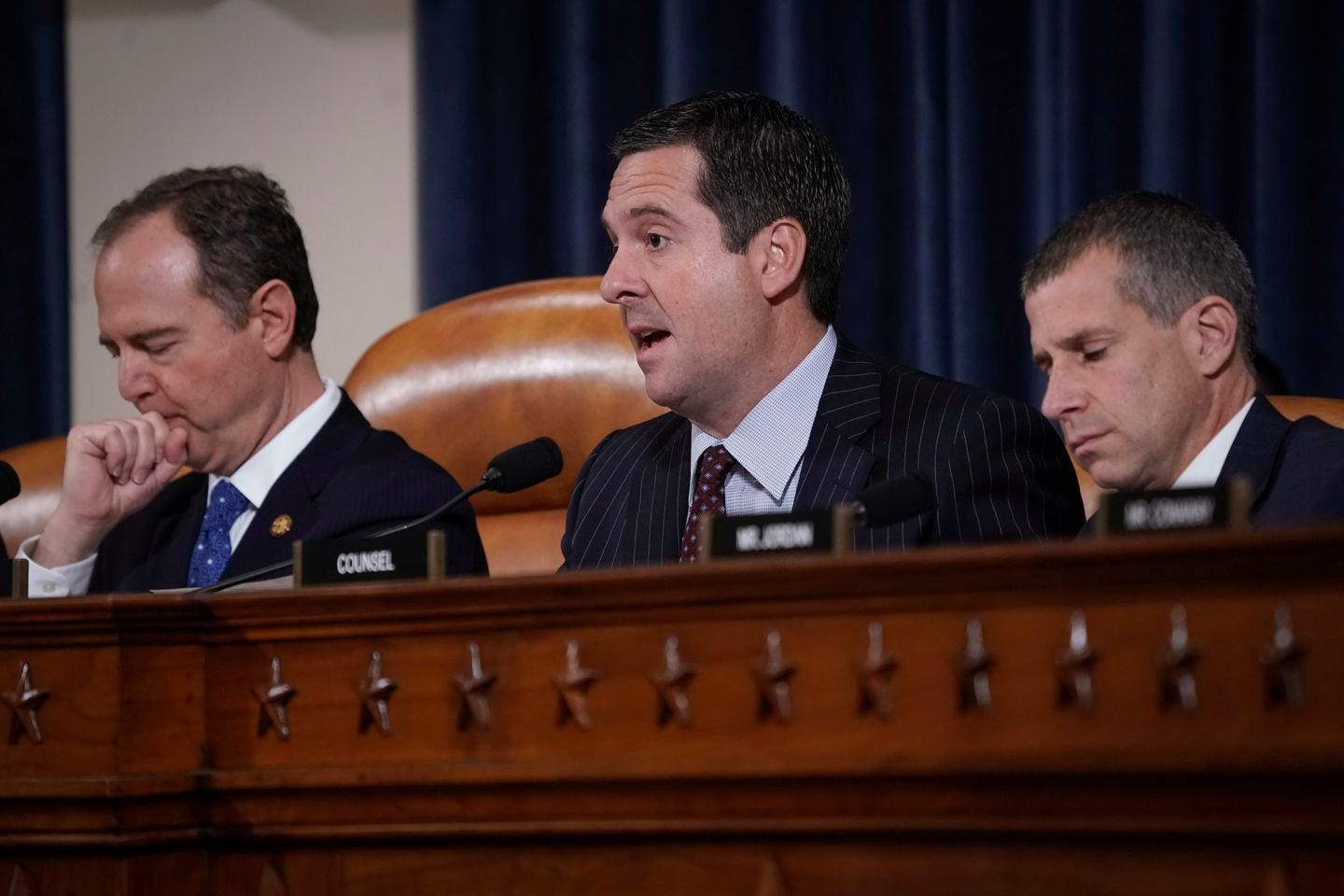
After two months of investigating Trump’s actions to pressure Ukraine into attacking his political opponent, Congress now enters its next phase of the impeachment process which adds more committees and more hearings. The House is expected to vote on whether to impeach President Trump before the Christmas break, which leaves approximately three weeks to conclude the investigation, draft the formal articles, present them to the entire House and vote. It’s a tight schedule, but given how quickly Democrats moved through taking witness testimony and conducting private and public hearings, there is little doubt that the remainder of mammoth tasks will be checked off one by one.
Although there is no specific timeline set forth by the Constitution with regard to impeachment proceedings, the decision by Democrats to move swiftly and resolve the vote before the holiday is a practical move. It’s essential that they finish the vote and hand the next portion over to the Senate at the start of 2020 to conclude the process as quickly as possible, before the frantic election cycle really begins. The last thing Democrats want to see is a drawn out (and futile) Senate trial that runs well past spring and forces several presidential candidates to chose between their jobs in the Senate or the campaign trail.
The next phase of the process includes a public release of the Intel Committee’s findings from the investigation so far, which will form the basis of the impeachment charges brought against Trump. We will also see Chairman Jerry Nadler (D-NY) conduct a series of hearings with scholars and experts on the impeachment process itself. This is a necessary component to the impeachment process and considering how we always seem to be in uncharted territory with the Trump administration, it seems especially wise now.


On Monday, House impeachment investigators released a report to members of the House Intelligence Committee that detailed what was formally uncovered in their impeachment inquiry investigation into the alleged offenses of Trump with regard to Ukraine and possible other activities. The Intelligence Committee then voted to approve it by Tuesday, after which time the report will be released publicly. Chairman Adam Schiff (D-CA) has confirmed that the report will be released to the public at some point on Tuesday (see below.)
The report from the Intel Committee won’t list the formal articles of impeachment, but it will provide a synthesis of all of the information collected so far to give the Judiciary Committee direction when they begin to formally draft the articles of impeachment. Think of it this way: Intel is the detective on the case and Judiciary is the prosecutor. Intel investigates and gives their report to Judiciary, who then reviews the findings and speaks with experts and determines how to formally charge the President.

On Wednesday, the Judiciary Committee will begin hearings of their own, but these hearings will be different from what we’ve seen so far. They will call experts in Constitutional Law to help guide the process and determine what is the appropriate way to proceed in formalizing the Articles of Impeachment. Considering that this process has only been conducted three other times in the history of the United States, it’s important to make sure that the House proceeds with the most accurate and legally solid case for impeachment for presentment of the articles to the Senate for a conviction.
The Judiciary Committee is determined to perform its task thoroughly and accurately and to this end, has presented Trump with the opportunity to present his own defense and participate in the proceedings. On Nov. 26, Rep. Nadler sent President Trump a letter that gave the specifics about how Trump could participate. Instead, Trump went to London for the NATO conference on Monday and had White House Counsel Pat Cipollone respond to Nadler with a scathing decline that accused Democrats of bias. In the letter, Cipollone stated that “an invitation to an academic discussion [would not] provide the president with any semblance of a fair process.” Make of that what you will.

Republicans have further attempted to take control of the narrative in the media by issuing their own 123-page rebuttal report just after the Judiciary Committee announced their first four witnesses. This was done to presumably get the jump on the legitimate report release from Intel. House Republicans argue that Trump did nothing wrong, but rather acted out of “genuine” concern about corruption in Ukraine. They also argue that Democrats do not have a basis for impeachment and that the entire effort has been “an orchestrated campaign to upend our political system…based on the accusations and assumptions of unelected bureaucrats who disagreed with President Trump’s policy initiatives and processes.” Despite this grandiose attempt by Republican die-hards to tap dance at the behest of Donald Trump, facts and credible witness testimony proves otherwise.
After taking expert testimony on the legal process of impeachment, the Judiciary Committee is expected to present Articles of Impeachment next week so that the House can quickly review them and get to a floor debate. We don’t have a definite list of the charges yet, but given my review of what has been said so far by Democratic leaders, I am going to propose that the following charges are likely to be levied. We should see an umbrella charge for general Abuse of Power. I am also expecting a charge for Obstruction of Congress for the way in which the Trump administration refused to comply with deadlines and subpoenas, and for the court rulings now coming down that support this premise.

There could also be a witness intimidation charge for Trump’s tweet threats made during the testimony of former Ambassador Marie Yovanovitch that Schiff was careful to denote in real time to make sure the proof went into the formal record. Depending on how specific House Democrats decide to be, there could be charges for bribery. The House could also decide to charge Trump for everything so far, including his attempts to obstruct many aspects of the Mueller investigation and report. I don’t see this happening, though. I think Democrats will be looking to present the most reasonable, best chance for conviction set of charges to the Senate so that they can’t be accused of overreaching.
If everything continues according to schedule, then we should see the presentation of the articles to the House for debate in the third week. There will be a floor debate on the charges that could last for a few days and then the House of Representatives will vote on whether to impeach President Trump. Given that Democrats have the solid majority, there will be a vote in favor and the next stop is the Senate. If the House Intel Committee is the detective and the Judiciary Committee is the prosecutor then the Senate is the jury.
The Articles of Impeachment will then make their way to the Senate in the new year for a trial and possible conviction. Luckily, we will be through the holiday season, but unfortunately we will all be tired and a little hungover. Brace yourselves though, because this is when we can expect the circus to really begin.
If you like this piece and you want to help support independent journalism from a female perspective, you can forward this article to others or send a gift a subscription to someone else today.
Amee Vanderpool writes the “Shero” Newsletter and is an attorney, contributor to Playboy Magazine, analyst for BBC radio. She can be reached at avanderpool@gmail.com or follow her on Twitter @girlsreallyrule.




No, they will not convict or remove Trump in the Senate. No one ever thought they would-the point is to do the right thing and impeach him in the House regardless.
I don't disagree with a single thing that you've written, Amee, but again, I am really, really concerned that the whole impeachment trial will only result in a failure to convict in the Senate (I don't see 20 Republican Senators who will vote in favour of removal from office), it may end up guaranteeing that the Republicans retain control of the Senate after the next election, because even though the Republicans are defending far more seats than the Democrats in the next election, the most vulnerable Republican seats are in (at best) "purple states" (and one of the seats that the Democrats have to hold is Doug Jones' seat in Alabama, and that will be a very tough task, especially since Jeff Sessions is running again). Truly, that would be a complete disaster for anyone who has any hope of restoring some balance to the Federal Court system. The Orange Asscactus has already appointed more federal judges than any other President in recent memory. Giving him at least two more years to appoint even more judges would be an unmitigated disaster.